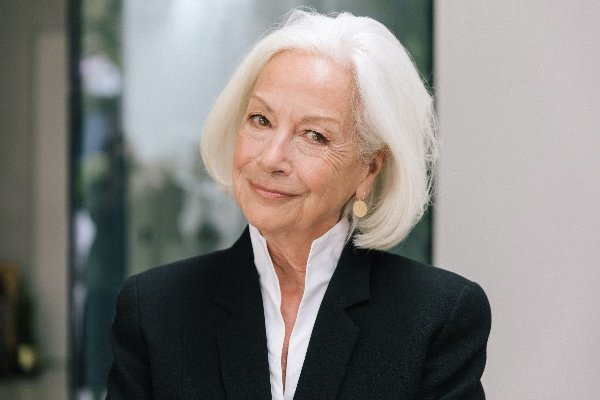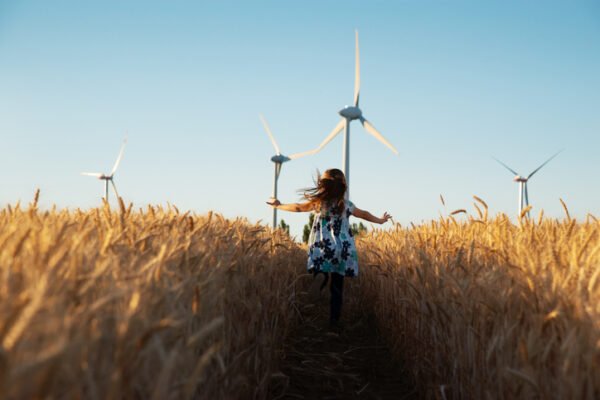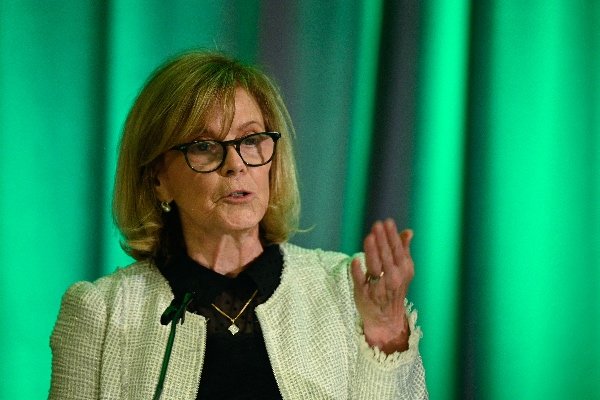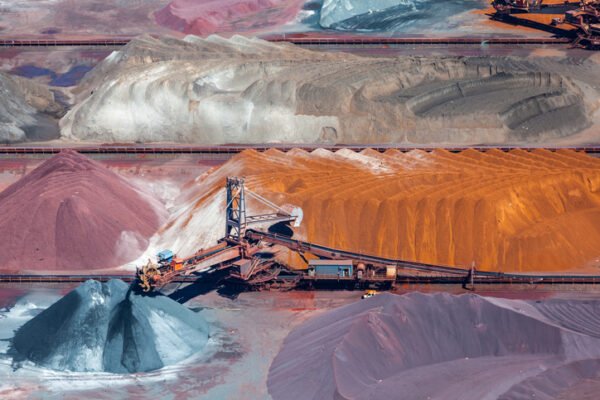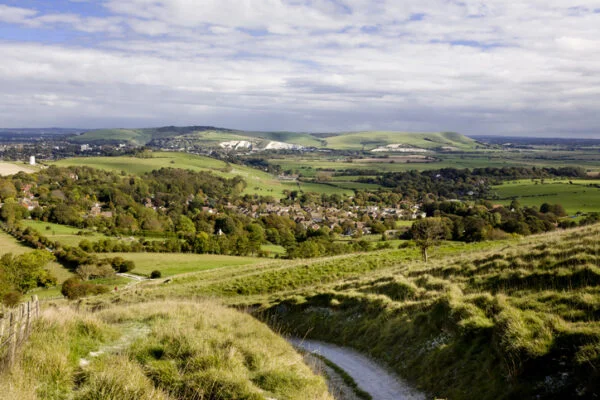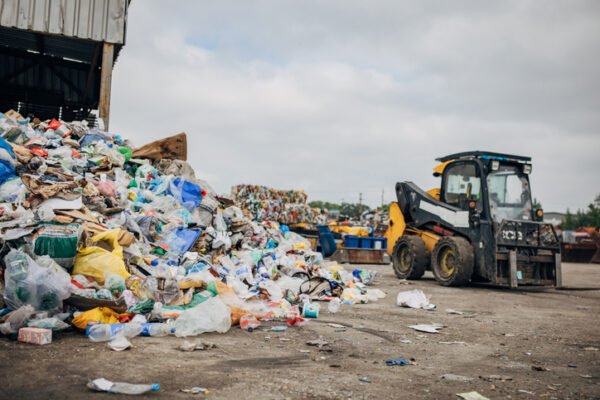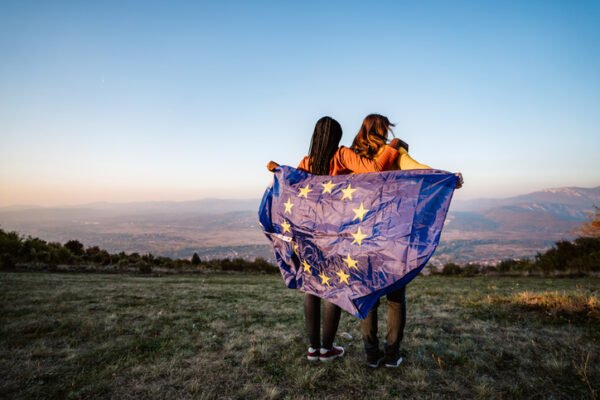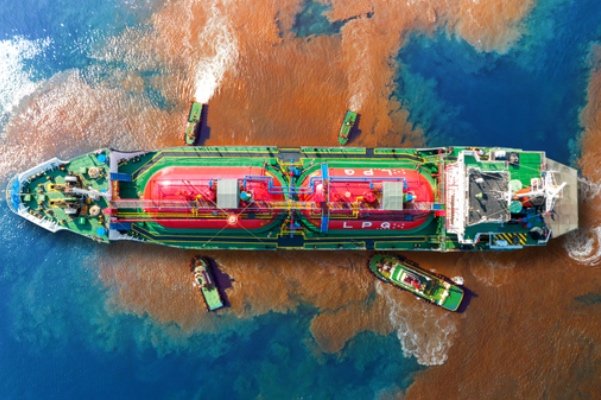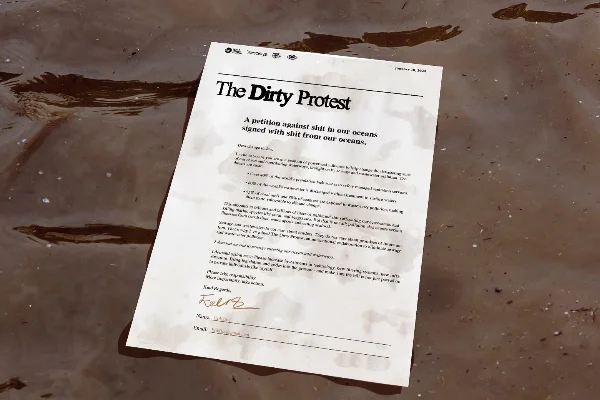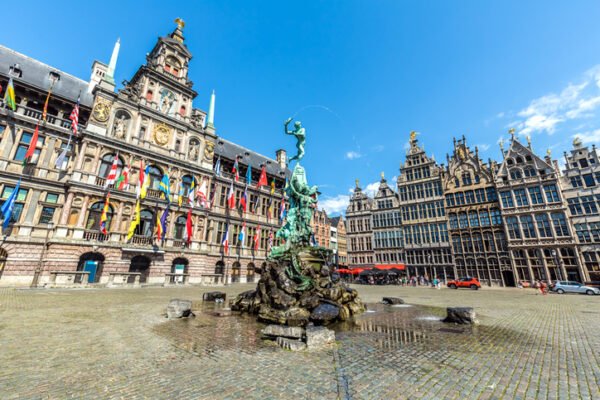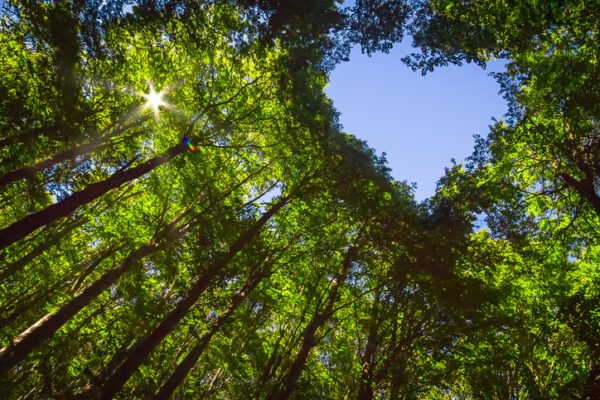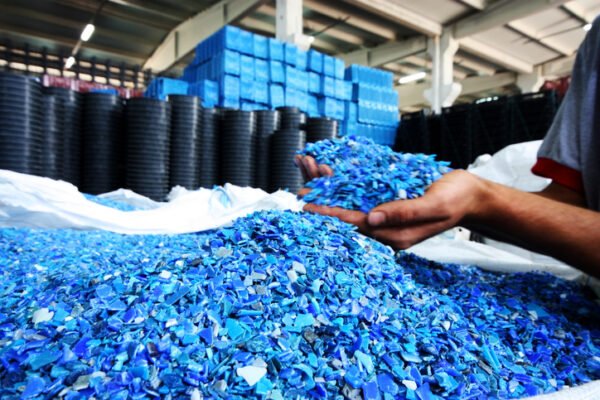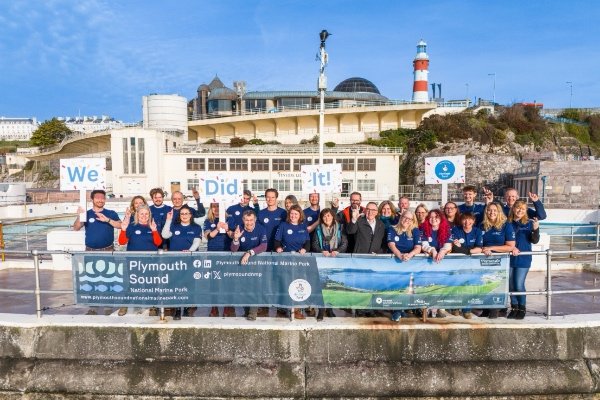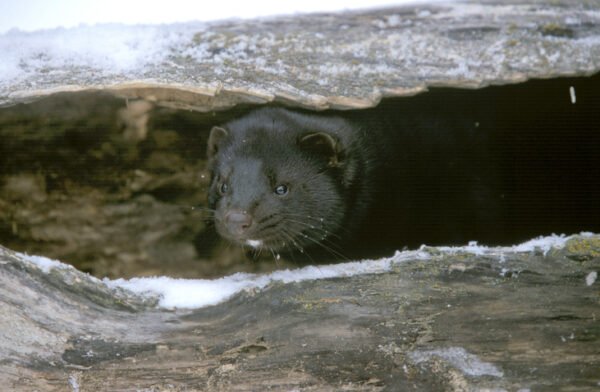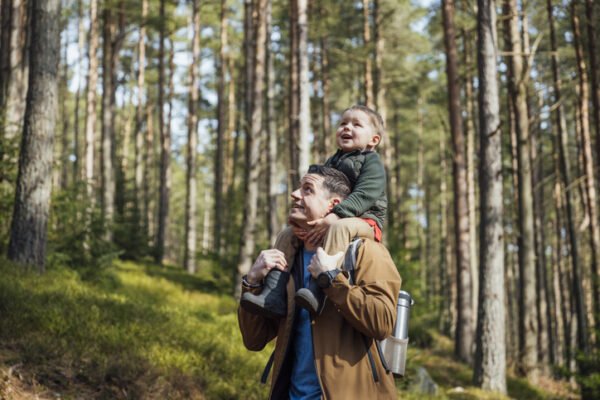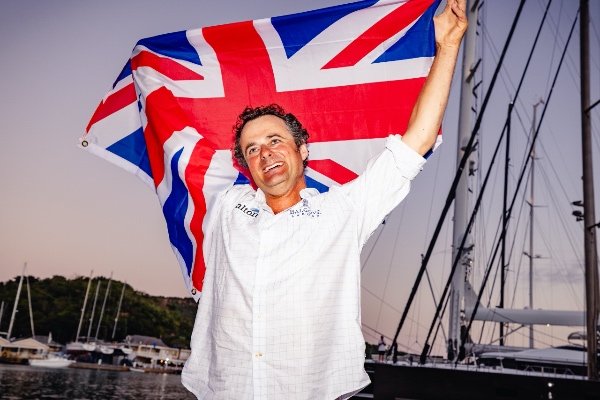The ‘emerging economies’ in Brazil, Russia, India, China and South Africa (BRICS) are going to be the new big consumers in the 21st century, and Cat predicts they will consequently become the new ‘big wasters’. The effects of 60% of the world consuming like we, the 15%, do now is a frightening prospect. Designers, manufacturers, retailers and consumers all need to work together to reconsider why, what and how we consume.
Raising the bar
‘With the advent of new technologies and the industrialisation of just about everything, we have created a global structure that requires our mass consumption of tangible goods that are constantly updated — whether or not we need that stuff and never mind whether it’s fit for purpose’, says Cat. ‘It’s unrealistic to expect all product makers to be transparent with the information about their products if the dissemination of that information costs them money, threatens their core business or reveals wasteful practices.’
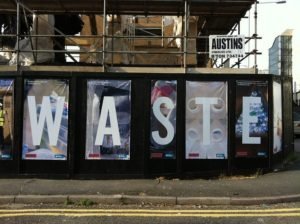 We need to encourage responsible manufacturers, retailers and services to raise the bar and lead the way by providing better products, marketing them widely and explaining to customers why they’re a better long-term investment. We need visionaries to lead the way so that sustainable consumption is an appealing model to producers, manufacturers, buyers and sellers, and is as convenient and rewarding as the system we are used to now. In some cases it already is: most people reuse already but don’t necessarily give it that name; hand-me-downs between families and friends, buying antiques and going to the local car boot market are all examples of reuse in action.
We need to encourage responsible manufacturers, retailers and services to raise the bar and lead the way by providing better products, marketing them widely and explaining to customers why they’re a better long-term investment. We need visionaries to lead the way so that sustainable consumption is an appealing model to producers, manufacturers, buyers and sellers, and is as convenient and rewarding as the system we are used to now. In some cases it already is: most people reuse already but don’t necessarily give it that name; hand-me-downs between families and friends, buying antiques and going to the local car boot market are all examples of reuse in action.
For Cat, what’s missing is an easy, mainstream, uniform collection system to stop reusable goods from being destroyed through the statutory waste management infrastructure of recycling, landfill and incineration. ‘We need to normalise the consumption of second-hand goods — especially on the high street’, Cat says. ‘It’s all still very hit and miss at the moment. There are some great enterprises underway like reuse shops at tips, IKEA’s work with the Furniture Reuse Network to re-home old sofas and M&S and Oxfam’s Shwopping partnership for clothes. Repair Cafés are popping up all over the UK and the number of social, people-powered enterprises — like ifixit and Freegle — is growing.
These schemes are all helping to extend the life of goods, but we need to scale up the easy, convenient options for people to pass on unwanted products and consume second-hand products. There are plenty of economic drivers that make this a viable disruption to existing business models — on top of the environmental imperatives to address resource scarcity, waste, carbon-intensive production, global transporting impacts and over-packaging.
Packaging has increased in volume because we now need to ship just about everything around the world, solve complex security problems and increase the advertising space on each item, to maximise savings and reduce risks to corporate profits. ‘Convenience and lifestyle aspirations increase the consumption of unnecessary products; we all feel time-poor and we’re ‘sold’ the idea that having ‘stuff’ will make our lives nicer, better and easier’, Cat says. ‘In fact, once a certain standard of living and a certain amount of stuff is consumed, one’s wellbeing does NOT increase.’
Making lives better
Having access to open space, health, education and connection to other people through community engagement maintains and increases our happiness, but advertisers have spent the last 60 years telling us otherwise: that owning more new and different things will make our lives better. ‘We are all caught up in a system that absolutely requires we buy tangible goods endlessly’, says Cat. ‘It’s a system that rewards profiteering above all else, and glorifies wealth and possessions. Popular culture celebrates over-consumption and encourages instant gratification, without ever revealing the real environmental costs. All our livelihoods are reliant on this consumption-based model, so it’s understandable that it’s so hard to break the habit!’
It’s easy to see why waste is the second-largest employer globally: we have a linear economic model that creates an end product called ‘waste’. To change the mould of how we might all earn a living, have a nice life and not create so much waste we — governments, business and citizens — all need to adopt some circular thinking so that ‘waste’ simply isn’t created in the first place. ‘Currently we just manage waste — badly. That’s partly because we create so much of it’, Says Cat. In a circular economy, ‘waste’ is understood as a resource with untapped potential, waiting to be transformed over and over again in an economic ecosystem that reuses what it’s already got.
‘Do we only care about immediate financial gains and convenience, or do we really care about long-term personal wellbeing, environmental sustainability and economic stability?’, asks Cat. ‘I think it’s the latter, but we all need to realise that what we buy sends back a message to government and business about what our core values are. I live in absolute hope that we can embed reuse into mainstream behaviour and institutional frameworks because it ticks all the boxes: it is good for People, Planet and Profit.’
To find out more about Reuse International, visit www.reuse.international. To find a local Freegle group and start exchanging second-hand goods, visit ilovefreegle.org.
A two-day ‘Love Cycle’ event will take place on 14-15 February 2015, 10.00-17.00 at Circus Street Market, Brighton. It will host art, music, talks, films, fashion, markets, food, demonstrations, information and workshops to celebrate and inspire resourcefulness. It will also showcase upcycling, reuse, zero waste, recycling, repair, innovation, sustainable materials and eco-design.
 Play Video about This Rock Might Just Save The World
Play Video about This Rock Might Just Save The World Play Video about Play 2 hours of rock
Play Video about Play 2 hours of rock Play Video about Play 2 hours of brook
Play Video about Play 2 hours of brook Play Video about Play 2 hours of sheep
Play Video about Play 2 hours of sheep
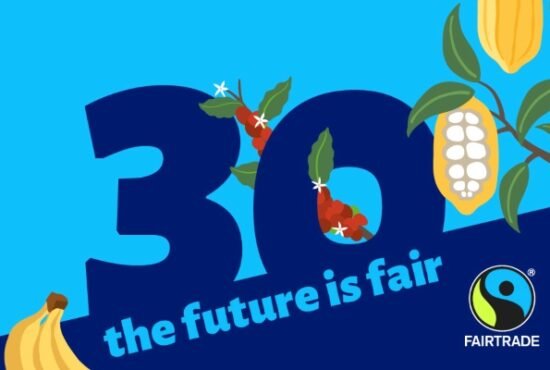
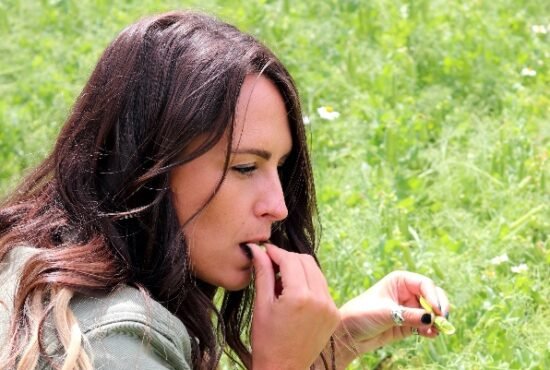
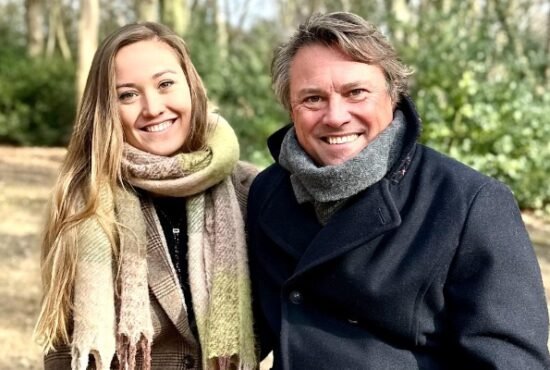
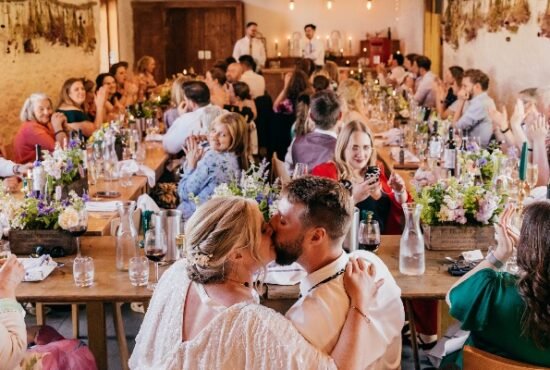





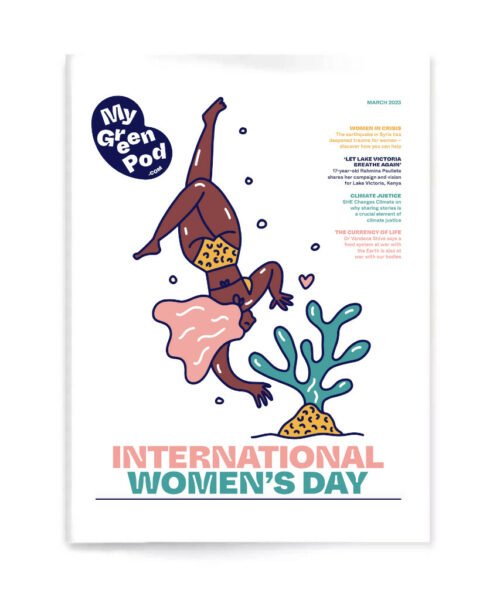

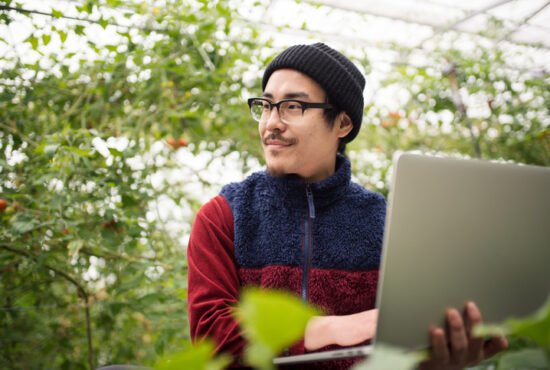



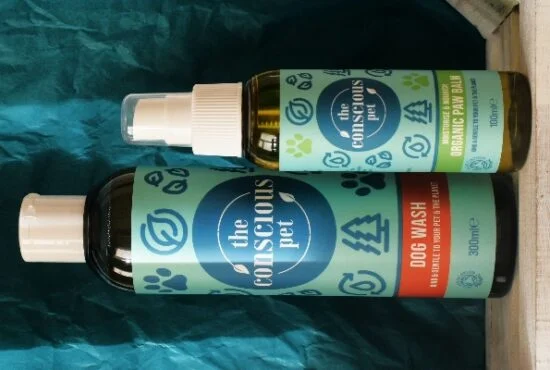

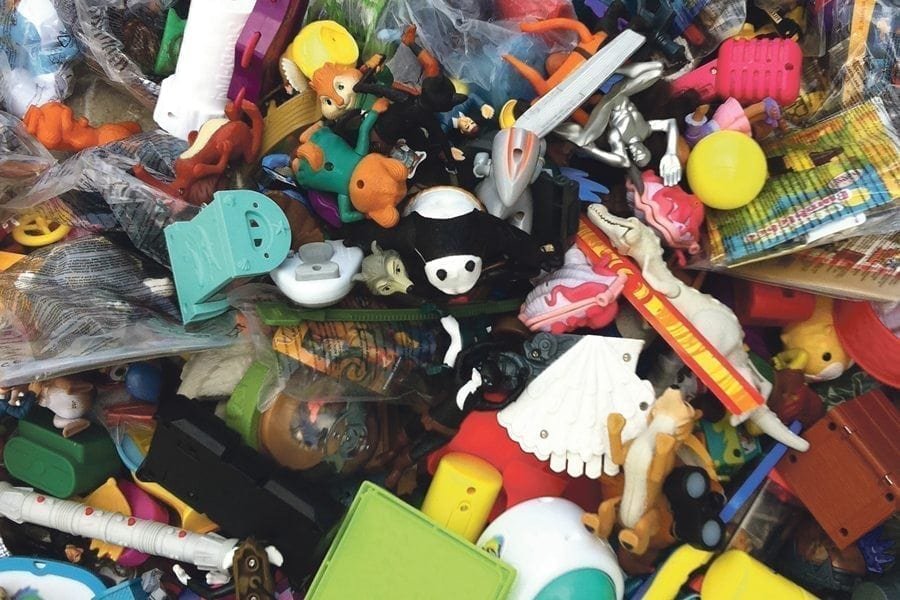
 As a solution, Cat has formed Reuse International — an organisation set to launch next year to accelerate the reuse movement and help spur the green economy. Cat’s vision is to create a powerful think tank of academics, experts, investors and supporters — and, perhaps more importantly, a measurement tool to highlight the benefits of reuse and map out best practice.
As a solution, Cat has formed Reuse International — an organisation set to launch next year to accelerate the reuse movement and help spur the green economy. Cat’s vision is to create a powerful think tank of academics, experts, investors and supporters — and, perhaps more importantly, a measurement tool to highlight the benefits of reuse and map out best practice. If recognised, these opportunities would help to eliminate the idea of waste altogether, instead of putting extra stress on the resources and money required to recycle. Since 2001, recycling levels have increased from 11% to 43% — but the sheer scale of consumption means as a whole, we’re becoming increasingly wasteful.
If recognised, these opportunities would help to eliminate the idea of waste altogether, instead of putting extra stress on the resources and money required to recycle. Since 2001, recycling levels have increased from 11% to 43% — but the sheer scale of consumption means as a whole, we’re becoming increasingly wasteful. We need to encourage responsible manufacturers, retailers and services to raise the bar and lead the way by providing better products, marketing them widely and explaining to customers why they’re a better long-term investment. We need visionaries to lead the way so that sustainable consumption is an appealing model to producers, manufacturers, buyers and sellers, and is as convenient and rewarding as the system we are used to now. In some cases it already is: most people reuse already but don’t necessarily give it that name; hand-me-downs between families and friends, buying antiques and going to the local car boot market are all examples of reuse in action.
We need to encourage responsible manufacturers, retailers and services to raise the bar and lead the way by providing better products, marketing them widely and explaining to customers why they’re a better long-term investment. We need visionaries to lead the way so that sustainable consumption is an appealing model to producers, manufacturers, buyers and sellers, and is as convenient and rewarding as the system we are used to now. In some cases it already is: most people reuse already but don’t necessarily give it that name; hand-me-downs between families and friends, buying antiques and going to the local car boot market are all examples of reuse in action.
